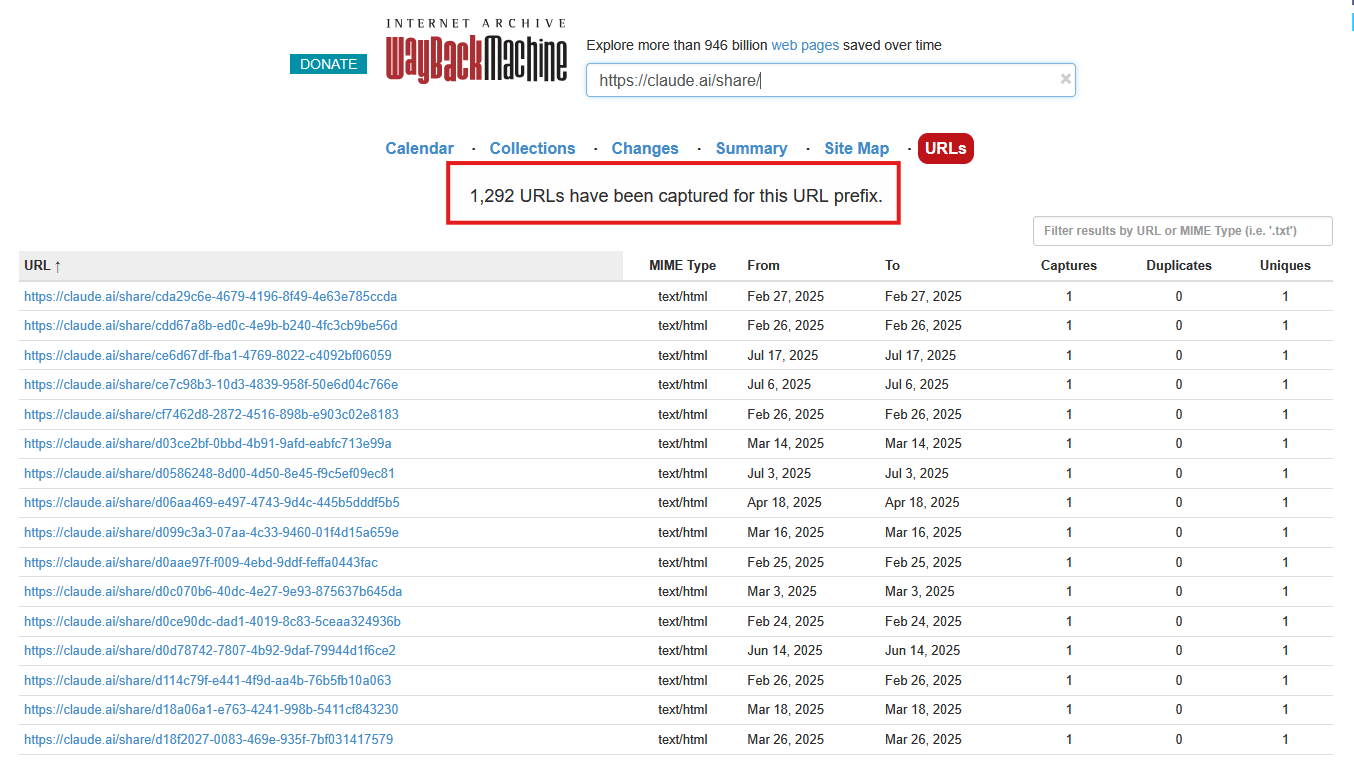If you’ve ever clicked “Share” on a ChatGPT conversation, you might have unknowingly made it searchable on Google.
The share feature makes it incredibly easy to share your conversations with AI with others. But there’s a catch most people don’t realize: Shared conversations marked as “discoverable” can be indexed by search engines.








